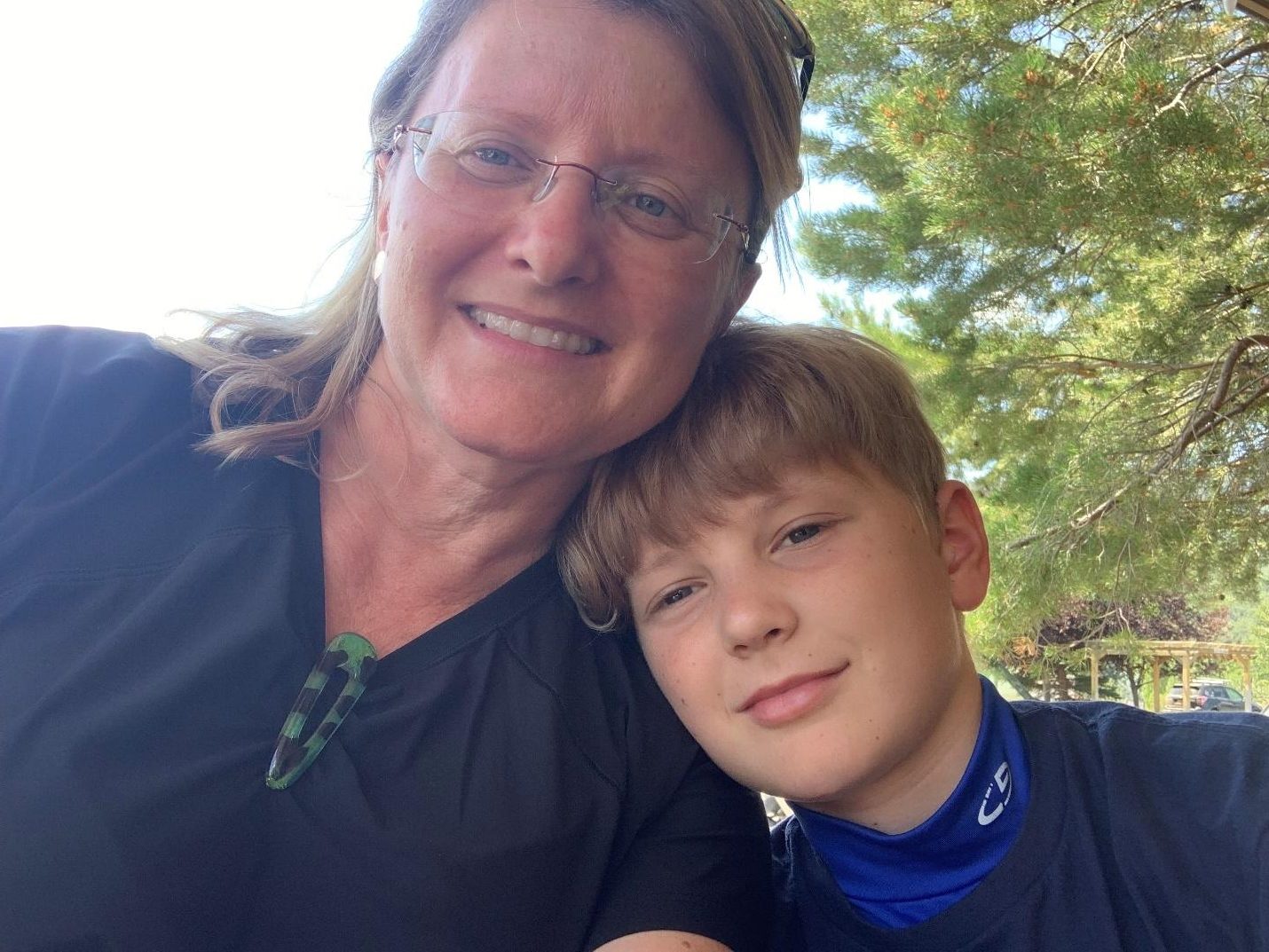“When I started the IAA program 14 years ago, data science was not widely known, but it quickly grew into a significant industry. IAA equipped me to enter various fields, as I learned how to tackle a wide range of problems at different levels. Now, as a data analyst, I constantly face new and different challenges every day, which requires flexibility in my thinking. Therefore, I always focus on finding ways to add value and maintaining a strong problem-solving mindset, which the IAA helped me cultivate.” – Amy Drew

Suyeon: Hello, can you introduce yourself and explain some of your background?
Amy: Hi, my name is Amy Drew. My undergraduate major was quantitative economics at Tufts University. After graduating, I worked in several management consulting roles before joining the IAA.
Suyeon: What was your work experience before joining the IAA program?
Amy: Before the IAA, I worked at KPMG, Palladium, and Lenovo, focusing on management consulting and system integration. Consulting involved solving problems in real-world scenarios across different industries. My work was more qualitative, involving data visualization and creating slide decks. The IAA helped me complement this experience by providing a strong foundation in quantitative methods.
Suyeon: Why did you choose to pursue the IAA program?
Amy: As I progressed in my career, my roles shifted more toward project management. However, I was more interested in continuing management consulting with a focus on data. I wanted to use different methodologies and models to solve problems, rather than managing people and tasks. So, I chose to pursue the IAA program to become more equipped at analyzing issues and solving them.
Suyeon: How did you prepare for your first job after graduation? How did the IAA program help you?
Amy: I landed my job at the Futures Company through the IAA network. I had specific criteria, like avoiding jobs that required frequent travel due to my young daughter, and the IAA helped me find a role that met my needs.
Suyeon: What qualities did the IAA help you improve the most?
Amy: I believe it depends on what you bring into the program. I had experience presenting, analyzing data, and visualizing it. I knew how to conceptualize the final product, but I lacked programming skills. I learned a lot from my peers about data manipulation and different ways of thinking and working with data.
Suyeon: Can you describe your current role as a Senior Manager at Iron Mountain Data Center? What are your main responsibilities and daily tasks?
Amy: I primarily focus on sales compensation strategies and sales forecasting. I work with leadership to develop effective compensation plans to motivate the sales team and increase revenue. It’s fascinating to develop specific strategies to grow the sales of particular items, as it requires narrowing down a lot of available data and selecting key information to drive growth.
Suyeon: Can you share a specific project or accomplishment in your career that you’re particularly proud of? How did the IAA program contribute to your success?
Amy: I often come up with unique solutions, for example, when thinking about how to rank sales and measure success. Instead of simply ranking sales by volume, I consider using various metrics and methods, because the choice of data and how to add and multiply sales at the right time with the right information can drastically change the results. The IAA really helped me in this regard because it exposed me to different methods. It was a great opportunity to learn various ways to accomplish the same goal, as we worked in group-based settings and shared our diverse approaches. This experience provided a valuable opportunity to gain different perspectives and diverse ways of solving problems.
Suyeon: What are the most important attributes a data analyst should have, beyond technical skills? For example, leadership, collaboration, networking, or communication.
Amy: If I had to choose one, it would be communication. If stakeholders can’t understand what the data analysts have done, nothing changes. Drawing from my consulting experience, I shared tips at the IAA on how to present to senior leadership. Deliverables should focus on what matters most to them, like weaving a thread that connects everything to the bigger picture. I’d advise students to keep honing this skill during their time at the IAA.
Suyeon: Looking back, what advice would you give to someone in the IAA program today?
Amy: Keep learning from your peers and don’t miss any opportunities. Your peers bring so much to the table, and they’re in the program for a reason. There’s always something to learn from others.
Amy Drew’s journey showcases the significant role the IAA program played in her career development. This interview illustrates how the IAA program prepares professionals to adapt to a rapidly changing field and tackle challenges with a strategic and flexible mindset. Her insights remind current and future IAA students of the importance of continuous learning and effective communication in data-driven roles.
Columnist: Suyeon Kim
